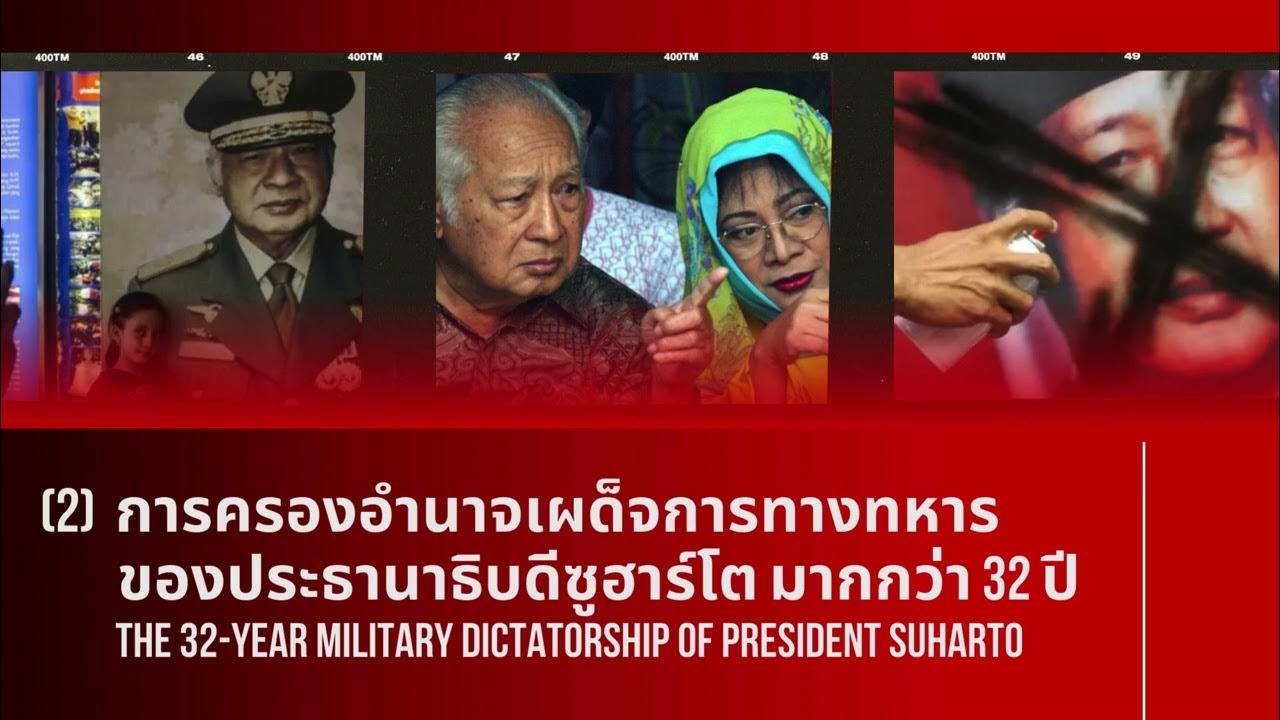Geography Now! China
Summary
TLDRThis video script provides an insightful analysis of China's political, religious, economic, and diplomatic landscape. It explores the contradictions within China's communist system, highlighting its shift toward a market economy and the persistence of certain restrictions. The religious diversity, including a rapidly growing Christian population, is also discussed. The script delves into China's global influence, from its economic power and BRICS membership to strategic alliances with nations like Pakistan, Israel, and Russia. Despite tensions with the U.S. and neighboring countries, China’s complex foreign relations underscore its dominant role on the world stage.
Takeaways
- 😀 China is ruled by the Communist Party but is not a fully communist country due to its shift to a more market-oriented economy after the 1970s.
- 😀 Despite being largely irreligious or following traditional faiths, China has a rapidly growing Christian population, potentially becoming the world's largest Christian nation in the next 15 years.
- 😀 China still enforces restrictions on press freedom, internet access, and freedom of assembly, but workarounds like VPNs are common.
- 😀 The country's complex religious background includes significant communities of Muslims (especially in Xinjiang), Buddhists (in the south), and a rising Christian population.
- 😀 China is the second-largest economy in the world by nominal GDP and the largest exporter, trade nation, and oil importer.
- 😀 China has extensive diplomatic relations with nearly every country, with a few exceptions related to Taiwan sovereignty issues.
- 😀 China is a key member of the BRICS nations (Brazil, Russia, India, China, South Africa), focusing on mutual economic benefits and bilateral relations.
- 😀 Despite historical conflicts, China and India maintain strong trade relations, though they are competing for influence in Africa.
- 😀 China has significant investments in Sub-Saharan Africa, particularly in South Africa, Zimbabwe, and Angola, aiming to secure resources and foster diplomatic relations.
- 😀 China's strategic partnerships extend globally, including close relations with Pakistan (providing access to the Indian Ocean), Russia (its largest oil supplier), and Israel (which recognized the PRC early).
Q & A
Why is China not considered a full communist country despite being ruled by the Communist Party?
-China is not a full communist country because, after the 1970s, it shifted toward a market-oriented economy, relaxing some of the communist policies. While the Communist Party endorses democratic centralism and some semi-communist ideologies, the country operates with a free-market economy that allows private ownership and foreign investments.
What are the restrictions on personal freedoms in China?
-In China, there are restrictions on freedom of the press, internet access, assembly, and religion. For example, access to international websites is often blocked, and the government heavily monitors online content. Many people use VPNs to bypass these restrictions.
How significant is Christianity's growth in China?
-Christianity has seen rapid growth in China, with estimates suggesting that around 150 to 200 million people now identify as Christians. In less than 15 years, China is projected to become the world's largest Christian nation, primarily due to conversions as the population is smaller due to the one-child policy.
What was the impact of China's one-child policy, and why was it revoked?
-The one-child policy, which was implemented to control population growth, had long-lasting social and demographic effects. It was revoked in 2015 and replaced with a two-child policy to address challenges such as an aging population and a shrinking workforce.
How does China's economic power rank globally?
-China has the second-largest economy in the world by nominal GDP, and it is the world's largest exporter, trade nation, and oil importer. This economic might allows China to have significant influence in global trade and international relations.
What role does China play in international diplomacy?
-China maintains diplomatic relations with almost every country in the world, with a few exceptions, particularly those recognizing Taiwan. It is a member of the BRICS nations (Brazil, Russia, India, China, South Africa) and plays a crucial role in global diplomatic and trade networks.
How does China’s relationship with India impact global trade?
-Although China and India have had historical tensions, particularly from the Sino-Indian War in the 1960s, they have maintained strong diplomatic and trade ties. Both countries are major investors in Africa, and their bilateral trade is vital for their economies, despite occasional competition.
Why is China focused on Africa, and how are its relations with African countries?
-China has increased its involvement in Africa, particularly in regions like South Africa, Zimbabwe, and Angola, due to Africa’s abundant resources and strategic importance. China’s investment in Africa spans across trade, infrastructure, and natural resources, with South Africa and Angola being key trading partners.
What role does Pakistan play in China’s strategic interests?
-Pakistan is a key ally of China, providing access to the Indian Ocean through the port of Gwadar. This geographic advantage is crucial for China’s trade routes and energy supplies. Additionally, China and Pakistan collaborate in sectors like energy, technology, and military, enhancing their strategic partnership.
How do China’s relationships with Russia and the U.S. differ?
-China and Russia have a strong alliance, particularly in energy trade and regional security, despite past tensions during the Sino-Soviet split. Meanwhile, China's relationship with the U.S. is more complex, as the U.S. is China's largest trade partner, but tensions exist in areas such as trade imbalances, technology, and geopolitical influence.
Outlines

此内容仅限付费用户访问。 请升级后访问。
立即升级Mindmap

此内容仅限付费用户访问。 请升级后访问。
立即升级Keywords

此内容仅限付费用户访问。 请升级后访问。
立即升级Highlights

此内容仅限付费用户访问。 请升级后访问。
立即升级Transcripts

此内容仅限付费用户访问。 请升级后访问。
立即升级浏览更多相关视频

Kerjasama Bilateral Dengan Negara Asia (bag 2) #Gerografi Kelas XII

Political System and Governance of Indonesia

बाजार अचानक CRASH क्यों हुआ?😭🔴 Why SENSEX NIFTY DOWN TODAY⚫ STOCK MARKET CRASHED REASON🔴 CHINA SMKC

The Historic Economy of China

GEOGRAFIA DE ELITE: Europa: geopolítica

Alle Wahlprogramme aller größeren Parteien erklärt | EU-Wahl 2024
5.0 / 5 (0 votes)
